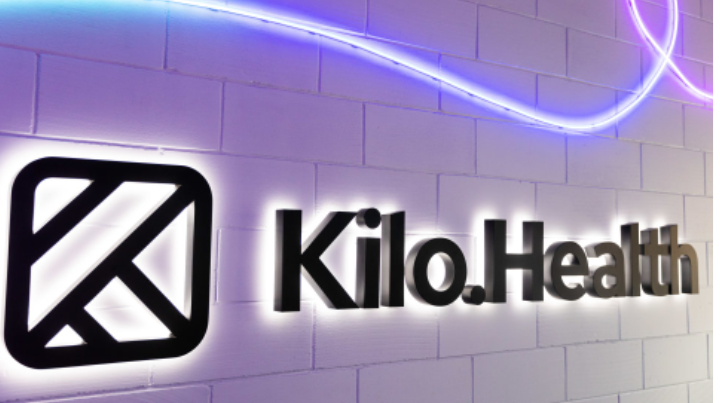3 European Trends in Digital Health Investments

Compared to the US digital health market, which was valued at $81.17 billion in 2023, the European ecosystem is still maturing. However, with venture capitalists injecting a combined capital of $7.1 billion between 2019 and the first quarter of 2024, the landscape is rapidly gaining momentum as investors begin to expand their presence in the region.
Estimated to be worth approximately $66 billion in 2023, the European digital health market is predicted to grow by a staggering 22.3% annually from 2024 to 2030. But what are the key factors driving this financial growth?
Here are 3 digital health trends investors are embracing in 2024 that could encourage further funding for everything from wearable devices to mobile medical apps:
Artificial Intelligence in Healthcare
Artificial intelligence refers to the development of technology capable of performing tasks that usually require human intelligence. For instance, in the healthcare field, AI is generally used to streamline recordkeeping, transcribe medical documents, analyze data to help drug development, and even improve the speed and accuracy of diagnosis for patients and physicians.
AI Act (AIA), which is the European Union’s first-ever legal framework on artificial intelligence, is expected to come into force in 2024. This law will regulate the use of AI to ensure that its applications are more transparent, traceable, safer, non-discriminatory, and environmentally friendly.
With the introduction of this regulatory framework comes the hope that European citizens will feel more confident to embrace AI technologies. This is the case particularly when it comes to medical software systems, which are predicted to continue analyzing medical data, identifying patterns, and helping digital health companies develop solutions that provide more accessible, personalized healthcare experiences for every patient.
Wearable Medical Devices
Another key area of focus for European investors is alternative healthcare models that harness the power of telehealth and AI, which will continue to gain momentum in 2024.
This includes wearable devices, such as smartwatches and fitness trackers, that allow patients to collect their own health data on everything from sleep quality to blood pressure.
Global digital health and wellness companies like Kilo Health are harnessing this trend through their innovative Co-found Program. This initiative provides the investment and resources that budding entrepreneurs need to transform their ideas into successful digital health products, like wearable vagus nerve stimulation devices and blood pressure monitors.
These tools provide a way for wearers to take a proactive approach to well-being, rather than relying on reactive health care models that only treat illness when it develops into a chronic disease.
Today, wearable devices are particularly useful in postoperative care. For instance, virtual hospital wards offer improved accessibility and continuity of care by helping to monitor patients, therefore reducing the need for in-person hospital visits.
Smart watches are also becoming popular with insurance providers, who use monitoring data collected from these wearables to create personalized health care plans. These benefits mean that this area has experienced a huge increase in demand, with the wearables market expected to be worth $37.4 billion by 2028
FemTech
FemTech is a term that was first created by Ida Tin, co-founder of a menstruation-tracking app, to describe technology-based solutions for women’s health-related issues.
Areas such as menopause, menstrual health, fertility, contraception, and sexual health are all key focuses, along with conditions that affect women differently from men, such as cardiovascular disease and osteoporosis.
Thanks to increased public awareness surrounding these issues, FemTech company formation and funding are currently surging. As a result, the market size is estimated to be between $500 million and $1 billion, and continues to grow by the day. With around 80% of consumers who purchase health and wellness products being female, FemTech presents an incredibly interesting and worthwhile opportunity for European investors.
Final Thoughts
As we can see, the digitization of traditional healthcare systems continues to help companies develop investment-worthy solutions that optimize care delivery and encourage improvements in patient outcomes. Find out more about the transformative power of digital health investment trends on the Kilo Health website.
Keep an eye for more news & updates on TechproMagazine!





